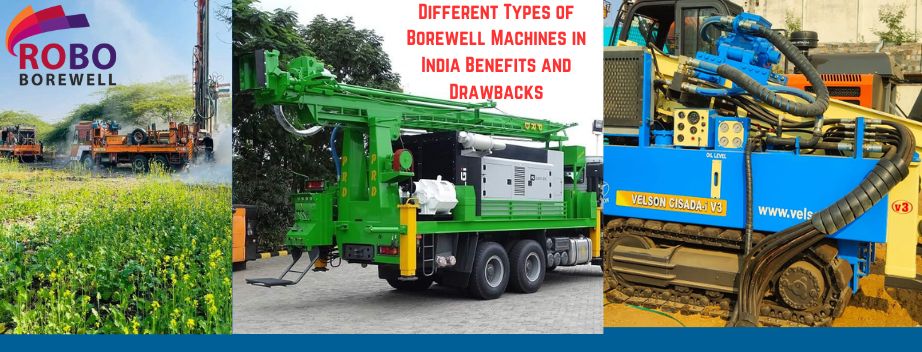
Buy the Best Borewell Drilling Machines at Affordable Prices
India, being a largely agrarian country with varying groundwater levels across its regions, depends heavily on borewell drilling for both domestic and agricultural needs. With groundwater depletion and uneven rainfall distribution, efficient borewell machines have become essential for tapping into deeper water reserves. In this blog, we will explore the different types of borewell machines commonly used in India, their benefits, and potential drawbacks.
1. Rotary Drilling Machine
Rotary borewell drilling machines use continuous circular motion to drill through the soil and rock. They are known for their efficiency in deeper borewell drilling.
Benefits:
High Speed: These machines can drill quickly, making them ideal for deep wells in less time.
Versatility: Effective in different types of terrains, including rocky and clay soils.
Efficient in Deeper Drilling: Can reach deeper aquifers, making it a preferred choice for arid regions with deep water tables.
Drawbacks:
Expensive Operation: The cost of fuel and maintenance is relatively high.
Not Ideal for Shallow Wells: Overkill for areas where the water table is close to the surface.
Heavy Machinery: Requires transportation equipment and space, limiting its use in congested or narrow areas.
2. DTH (Down The Hole) Drilling Machine
DTH machines are commonly used for drilling through harder rock formations. The drill bit is attached to the end of a hammer that operates at the bottom of the borehole.
Benefits:
Precision: Highly efficient in penetrating hard rocks with a steady, controlled drilling speed.
Deep Drilling Capability:DTH machines are effective in deep, rocky terrains.
Less Noise: Compared to rotary machines, DTH generates less noise pollution, which is a significant advantage in residential areas.
Drawbacks:
Costly Setup: These machines are expensive, and the initial investment for equipment and drilling services can be higher than other methods.
Energy Consumption: The machinery consumes more power, making it unsuitable for remote areas without a stable power supply.
Requires Skilled Labor: Requires trained operators to ensure efficient use, adding to labor costs.
3. Percussion (Cable Tool) Drilling Machine
This machine uses a cable tool that continuously raises and drops a heavy bit in the borehole to break the rock and soil.
Benefits:
Simple Operation: It is a simple machine with fewer moving parts, leading to lower maintenance costs.
Affordable: The initial cost is relatively low compared to rotary and DTH machines, making it popular in rural areas.
Effective in Various Terrains: Suitable for soft and medium-hard formations.
Drawbacks:
Slow Drilling Speed: Percussion drilling takes more time compared to other techniques.
Limited Depth Capability: Not effective for deep wells, which limits its use in areas with deep groundwater reserves.
Labor-Intensive: Requires more manpower to operate efficiently, increasing the overall labor cost.
4. Auger Drilling Machine
Auger drilling machines use a helical screw (the auger) to drill into the earth. These machines are typically used for shallow wells in softer soil types.
Benefits:
Cost-Effective:Best suited for shallow wells, with lower operational costs.
Portable: Light and easy to move, making it ideal for small-scale operations and areas with restricted access.
Fast Drilling in Soft Soil: Particularly effective in loose soils, reducing drilling time significantly.
Drawbacks:
Limited to Shallow Depths: Auger machines cannot be used for deep wells or hard terrains, making them unsuitable for areas with deep water tables.
Ineffective in Rocky Terrains: The machine struggles to penetrate through hard rock formations.
Manual Labor Requirement: Often requires manual labor, increasing the physical demands on the workforce.
5. Hydraulic Borewell Machine
Hydraulic borewell machines use hydraulic systems to operate the drill bit. They are commonly used in urban and semi-urban areas where precision and quick operation are essential.
Benefits:
High Efficiency:Hydraulic systems allow for more precise control and faster operation compared to traditional machines.
Deep and Accurate Drilling: Capable of drilling deep wells with high accuracy, even in tough terrains.
Low Vibration: Produces minimal vibration, reducing wear and tear on the machine.
Drawbacks:
High Operating Cost: The use of hydraulic systems means higher energy consumption and maintenance costs.
Complex Machinery: Requires trained operators and skilled technicians for maintenance and repair.
Expensive Setup: The initial investment is significantly higher than other drilling methods.
Example of a costing table format for borewell drilling services in India, covering different types of machines:
Notes:
The cost per foot varies depending on the region, contractor, and specific project requirements.
Prices are approximate and may change based on factors such as local market conditions and terrain difficulty.
Additional costs like transportation, fuel, and labor may also apply.
Conclusion
The choice of a borewell machine depends on several factors such as the type of terrain, required depth, budget, and the size of the drilling project. If you're in need of deep drilling through rocky terrain, a DTH machine or rotary drilling machine would be ideal. For shallow wells or softer soil, an auger or percussion machine can offer a cost-effective solution.
While advanced machines like hydraulic borewell machines offer precision and speed, they come with higher costs and operational requirements, making them more suited for urban areas. On the other hand, simpler machines like the cable tool machine offer a more affordable, albeit slower, option for rural areas with shallow water tables.
Understanding the benefits and limitations of each type of borewell machine will help you make an informed decision for your specific needs. Always consult with professionals before beginning a borewell project to ensure you're using the most suitable equipment.
FAQ’s
1. What are the different types of borewell machines used in India?
In India, the most commonly used borewell machines are rotary drilling machines, DTH (Down The Hole) drilling machines, percussion (cable tool) drilling machines, auger drilling machines, and hydraulic borewell machines. Each type is suited to different terrain conditions and drilling depths.
2. Which borewell machine is best for deep drilling?
For deep drilling, rotary drilling machines and DTH drilling machines are the best options. Both are capable of drilling through tough terrains and reaching deeper aquifers efficiently.
3. What is the cost difference between rotary and DTH borewell machines?
The cost of rotary drilling machines is generally lower than DTH machines when used for standard soil conditions. However, in rocky terrains, DTH machines may prove to be more cost-effective due to their precision and efficiency, despite higher initial expenses.
4. Can auger borewell machines be used for deep water wells?
No, auger borewell machines are best suited for shallow water wells and soft soil. They are not effective for deep drilling or for penetrating hard rock formations.
5. What are the advantages of using hydraulic borewell machines?
Hydraulic borewell machines offer greater precision and faster drilling speeds, especially in urban areas. They produce minimal vibration and are highly efficient for deep, accurate drilling, though they come with higher operational costs.


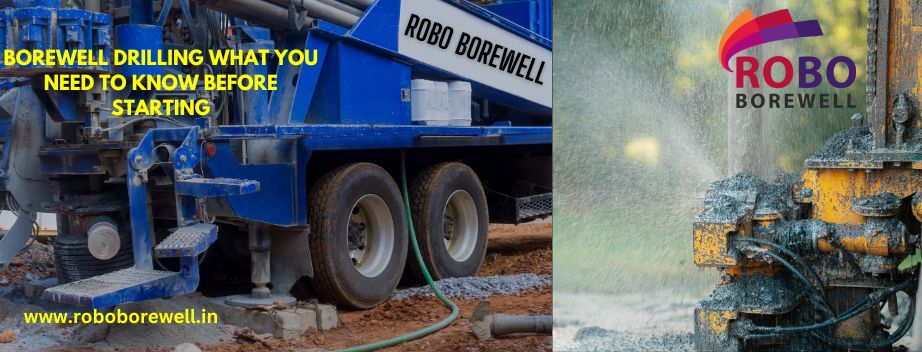



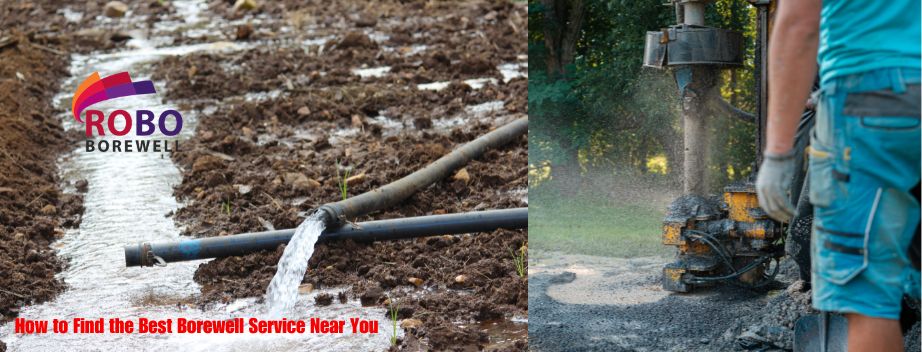
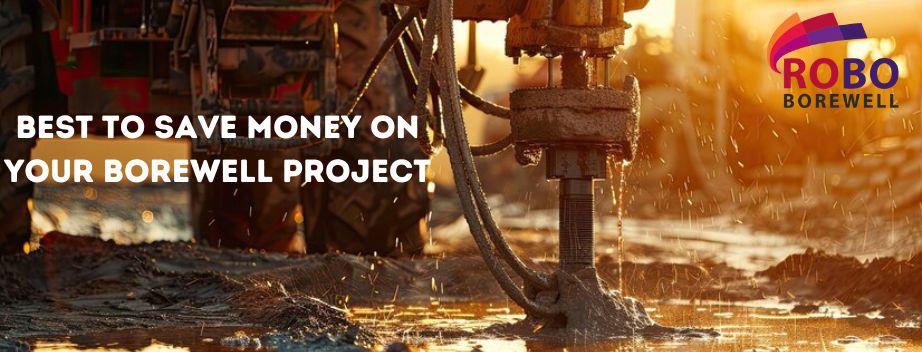

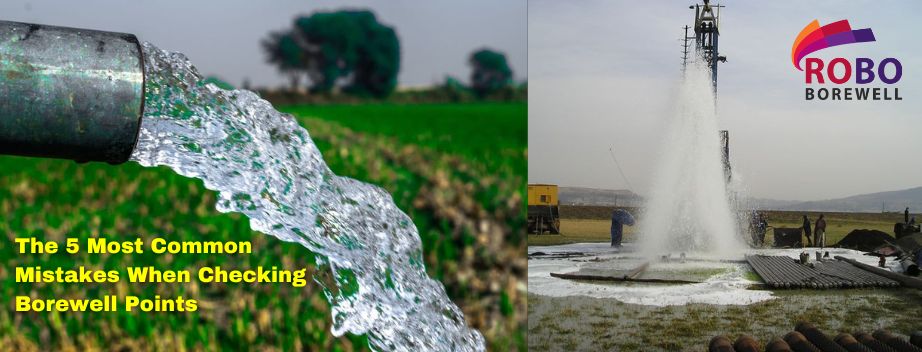
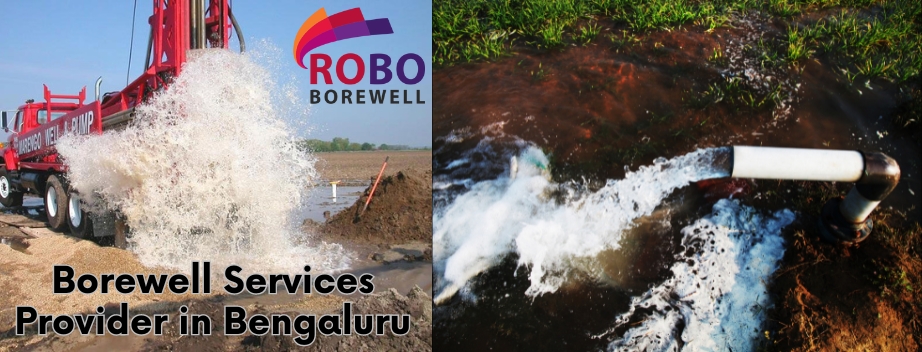
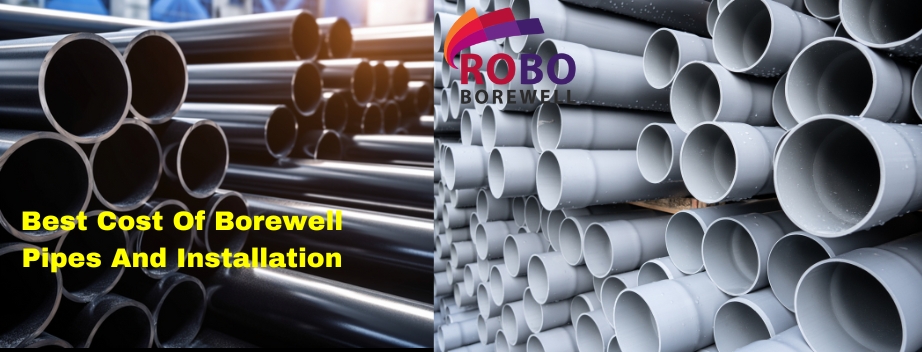
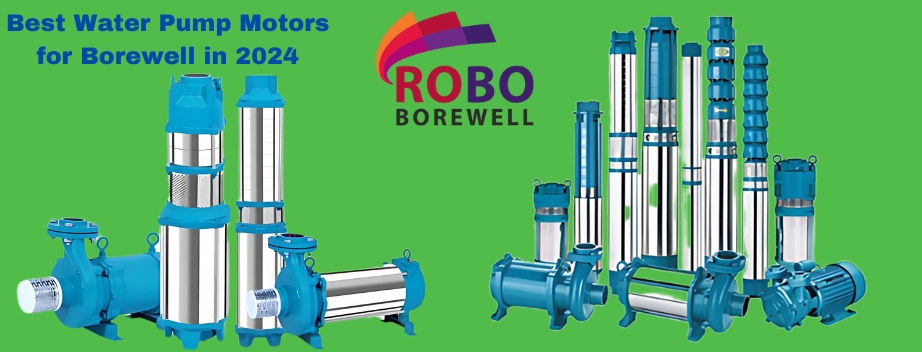
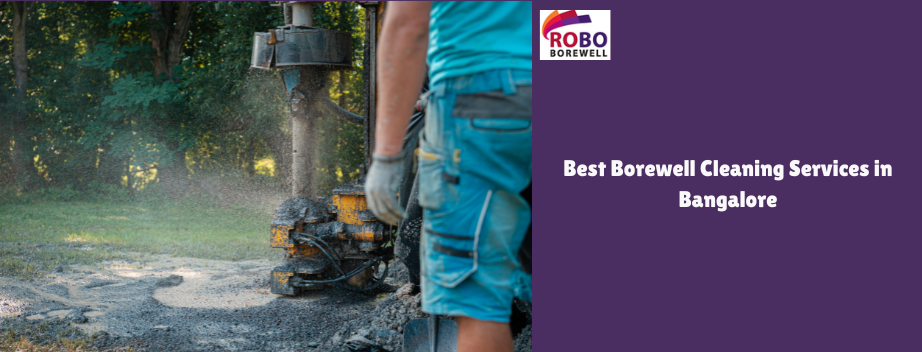


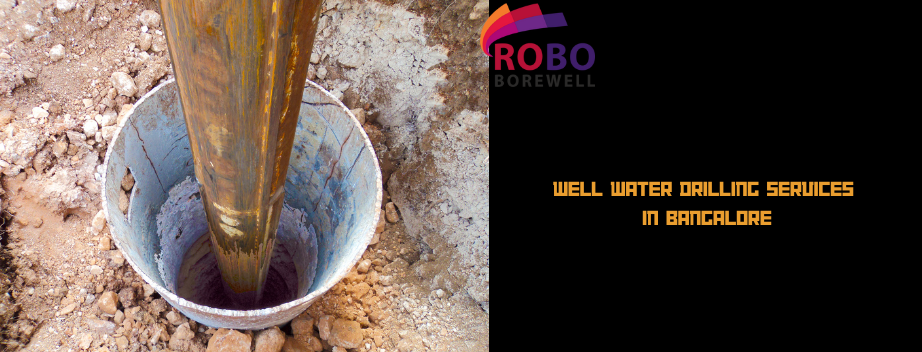


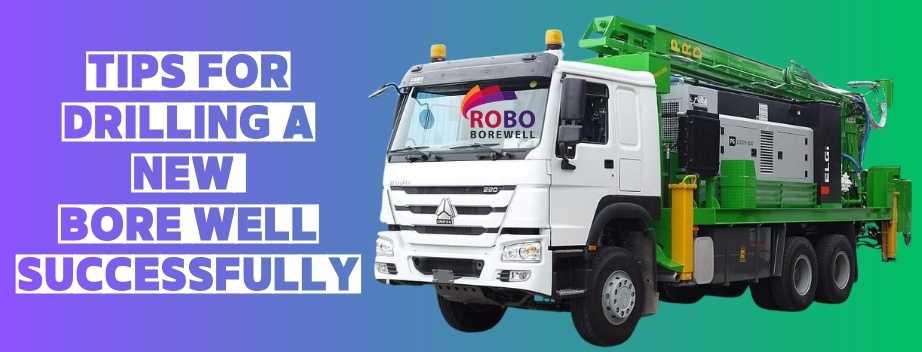
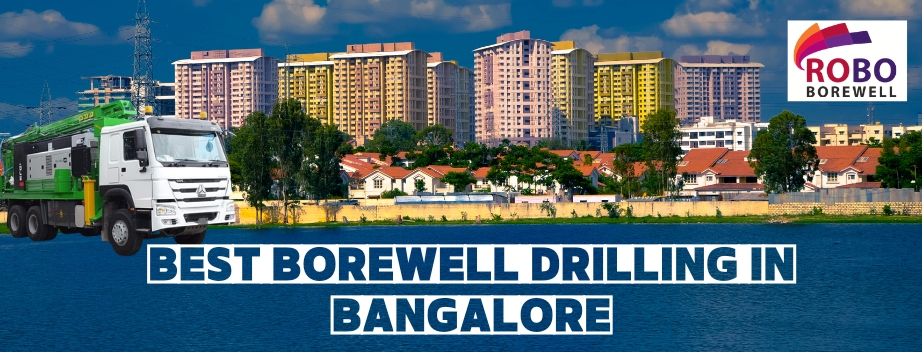
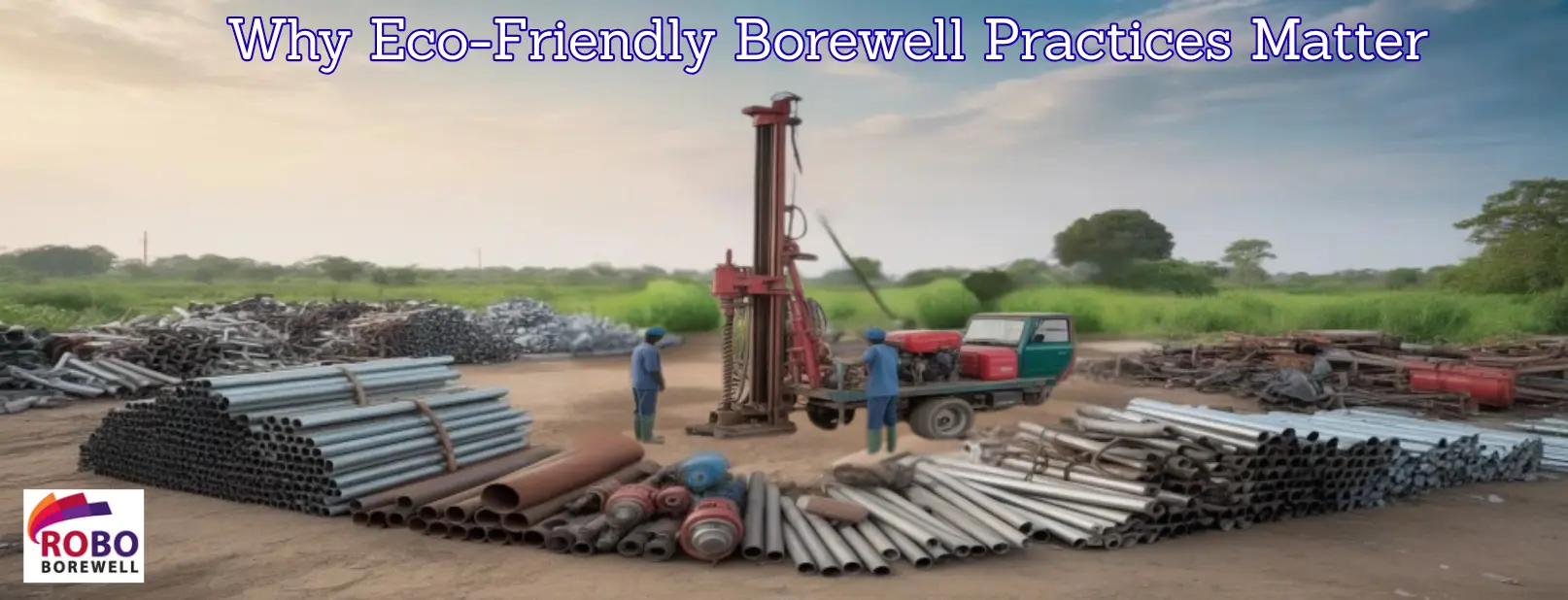
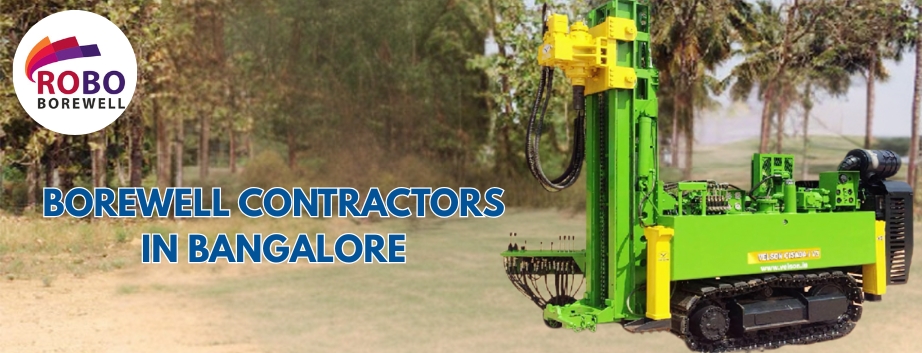
Add a comment